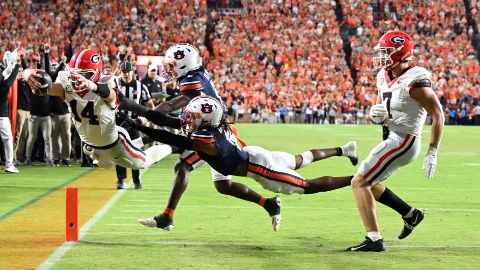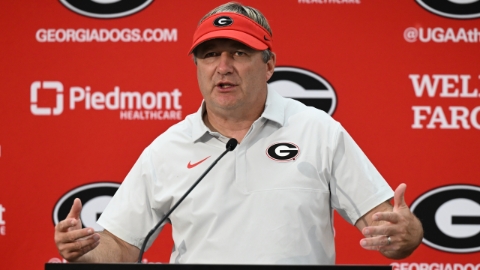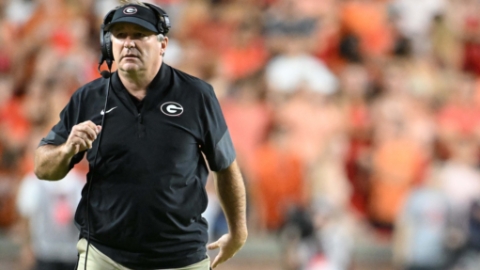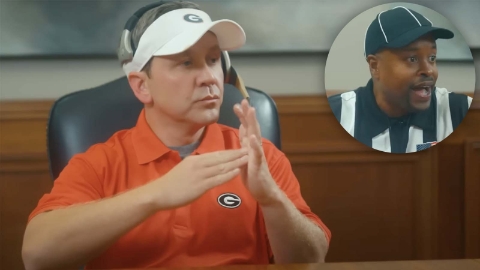Why Playing College Football This Fall Matters so Much
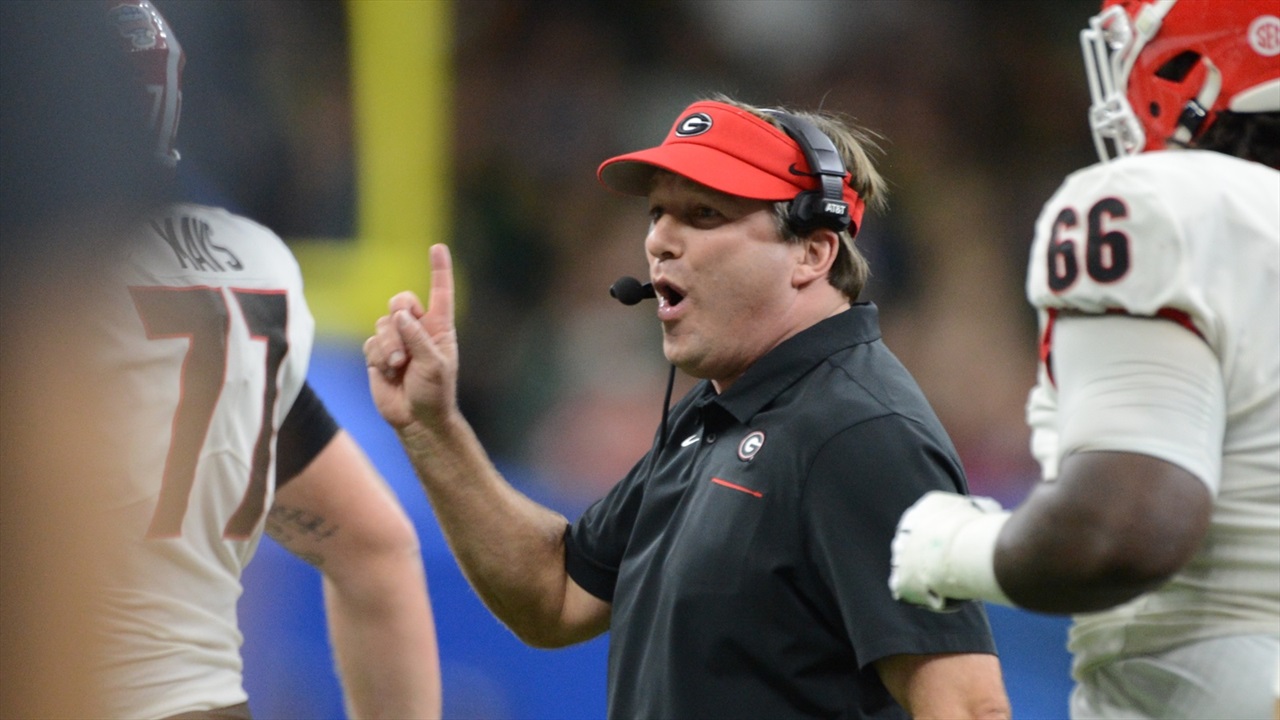
ATHENS - About ten years ago, the SEC and the rest of college football started their transformation.
They went from football programs to TV shows. And right now those TV shows are in serious jeopardy of not moving forward this fall - at least not without a live studio audience.
And while playing sports is very low down the list of importance these days vs. everything else that’s going on - there is a lot at stake for institutions and their media partners - namely the financial well being of athletic departments themselves, and the student-athletes they have on scholarship.
If, and we are all pulling against this and hopefully everyone is doing their part to not have this happen, we get to September, and the United States has not yet fully come out form under the social distancing situation we now have with coronavirus - fans are not going to be permitted to attend games.
But it doesn’t seem out of the realm of possibility, however, that teams could play one another. After all, the difference in fewer than 1,000 people in a building and more than 90,000 is significant. Testing should be wide spread enough by then to have testing complete before games to make certain those folks in facilities are not spreading anything around. Testing like that would be impossible with SEC-like attendance.
And playing games this fall is critically important for schools (some more than others) and their partners.
UGA could survive a season without ticket revenue and donations. It very possibility could survive a season without ticket revenue, donations and television revenue, but that would be a very taxing situation on Georgia. Still, UGA could probably survive it.
The story would be very different at other SEC schools. For instance, Tennessee, which has struggled to get its financial house in order over the last decade, would have to figure something out in a world where there are no games on TV this fall. The Vols, according to reports, had lower than $10 million in reserves and have only recently had their athletic department run in the black on a yearly basis.
NOTE: I am using the Vols because they are currently in the worst situation in the SEC. Some in college football are in significantly more dire financial situations than Tennessee… see Florida State. The Noles have barley been able to function in normal times. This could be so much more worse for them than Tennessee ever dreamed about.
ALSO: All of this is with the understanding that the SEC would not get paid for rights (tv games) that they did not put on TV. I don't have the SEC’s contract with Disney or CBS, but it is hard to imagine the schools getting paid for something the don’t do.
Both the Dawgs and Vols recorded rights fees over $66 million in 2018. No SEC program could balance its budget without that money. But programs like Tennessee would really struggle.
Still, if UGA went without that $66 million it would have a $24 million hole it would have to cover in that academic year. UGA has the reserves to cover that… it had the reserves to cover that in 2013 when it send $35 million to the UGA Foundation to get a better return on its investments. UGA’s reserves have only grow in the seven years since. Georgia has been about as conservative (non-political; fiduciary) as anyone in college sports.
Tennessee, on the other hand, has not. As of a year ago, the Vols’ budget was netting them about $1 million. That means Tennessee would have a $65 million hole to cover. With only a reported $9.5 million in reserves for its athletic department, the Vols would have to figure something out - and that’s a lot to figure out.
Something would have to fill the void there - perhaps a bridge loan from the university, or some sort of creative financing. But all universities could be facing this problem, too. If fans are not allowed to be in stadiums that likely means students are not in dorms… because they are not in school… not paying tuition.
That’s a problem we can discuss another time.
But make no mistake about it, without TV revenue both schools would have to scramble - perhaps in ways that we won’t see again in our lifetimes. That’s why I do wonder if procedures will be put in place to figure out how to televise games in the fall.
Testing fewer than 1,000 people, you would think, would be manageable. Testing tens of thousands would probably not.
Media companies, ESPN, CBS and the like, are clamoring for content right now. If this thing drags out into the fall, and it is possible to safely play contests (without fans) it will happen.
The good news is that it “seems” like we will have something this fall. The bad news is we don’t know that for sure, and if we do you might not be there to see it.
